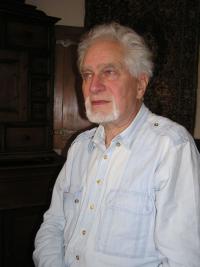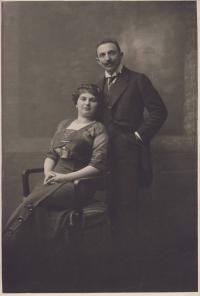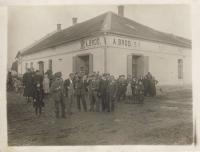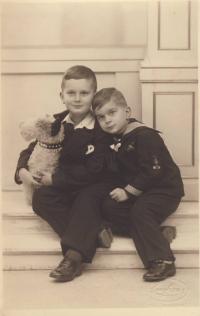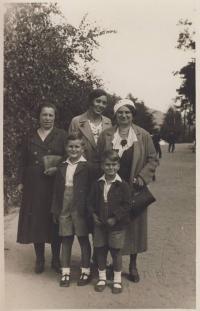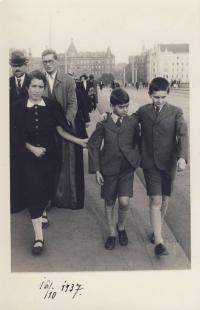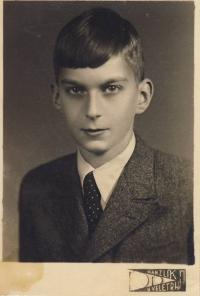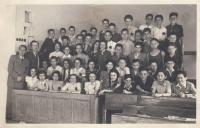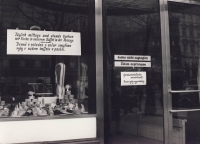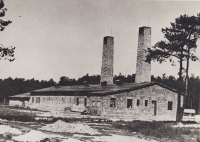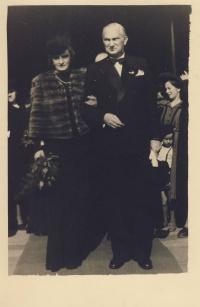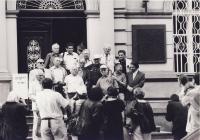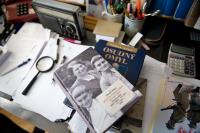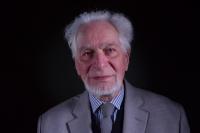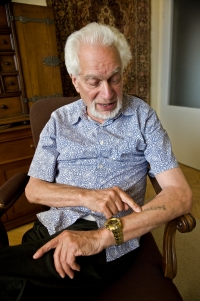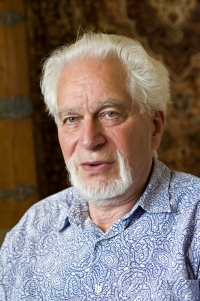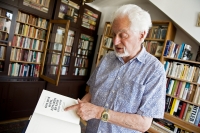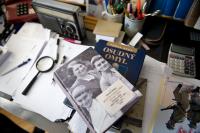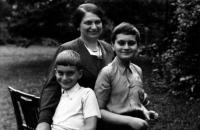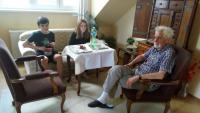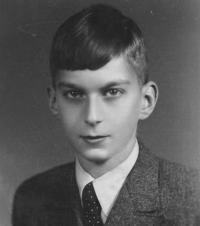“It was a nice sunny Thursday when Dr. Joseph Mengele visited our block.”

Download image
Toman Brod was born on the 18th of January 1929 to an assimilated Jewish family living in Prague. In July 1942, he was deported to Terezín with his mother and brother. In December 1943, his entire family was assigned to a transport heading to Auschwitz. He survived Auschwitz in the “child’s block” in the “family camp” until June 1944, when he luckily passed through a selection performed by Josef Mengele right before the family camp was liquidated. Then he was moved to the “men’s block”. In November 1944, Brod escaped onto a transport and was sent to the Reich to work in a forced labor camp, Gross-Rosen. There, the living conditions were even worse than in the “men’s block” of Auschwitz. Both his brother and his mother didn’t survive the Holocaust. After liberation, Brod fell ill with typhus. After arriving home in Prague, he fell ill with tuberculosis. Brod became a member of the Communist Party before 1948. His complicated destiny is marked by his cooperation with the State Security between 1959 and 1965. Unlike others, Brod does not deny or downplay his role. At the end of the 1960’s, Brod changed his mind and defied the totalitarian regime. He was fired from his work as a Historian and expelled from the Communist Party. He made his living as a taxi driver and water pumper. He also signed Charter 77. Today, Brod is a well known Czech historian. He wrote a book about his life called “Ještě že člověk neví, co ho čeká” (Better not to know what lies ahead).
